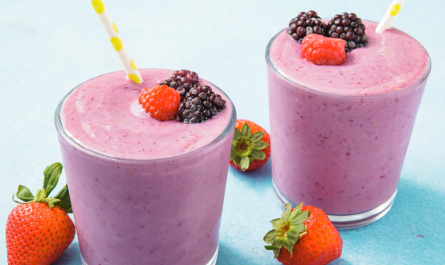Food allergies can be a challenging condition to manage, especially when it comes to dietary restrictions. However, with the right approach to your diet, you can successfully navigate the world of food allergies and still enjoy delicious and nutritious meals.
Understanding Food Allergies
Food allergies occur when the immune system reacts to certain proteins found in food. This reaction can range from mild discomfort to severe, life-threatening symptoms. Common food allergens include nuts, dairy, eggs, soy, and shellfish.
The Best Diets for Managing Food Allergies
1. Elimination Diet
An elimination diet involves removing common food allergens from your diet for a period of time, then slowly reintroducing them to identify which foods trigger your allergies. This approach can help you pinpoint problematic foods and develop a personalized diet plan.
2. Plant-Based Diet
A plant-based diet focuses on fruits, vegetables, whole grains, and plant-based proteins like beans and legumes. This diet is naturally free of common food allergens and can be a great option for those with allergies to dairy, eggs, or meat.
3. Gluten-Free Diet
Gluten is a protein found in wheat, barley, and rye that can trigger allergies in some individuals. A gluten-free diet removes these grains from your meals and replaces them with gluten-free alternatives like rice, quinoa, and gluten-free oats.
4. Paleo Diet
The paleo diet focuses on whole, unprocessed foods like lean meats, fruits, vegetables, nuts, and seeds. This diet eliminates dairy, grains, and processed foods, making it a good option for those with allergies to dairy, gluten, or preservatives.
5. Low-FODMAP Diet
The low-FODMAP diet restricts foods that are high in fermentable oligosaccharides, disaccharides, monosaccharides, and polyols. This diet can be beneficial for those with irritable bowel syndrome (IBS) and food allergies, as it limits foods that can irritate the gut.
Tips for Managing Food Allergies
Regardless of the diet you choose, there are some general tips to help you manage food allergies effectively:
Read labels carefully and avoid products that contain allergens.
Communicate your allergies to restaurant staff and ask about allergen-free options.
Cook at home to control the ingredients in your meals and avoid cross-contamination.
Work with a dietitian or allergist to create a personalized meal plan that meets your nutritional needs.
Conclusion
Managing food allergies can be challenging, but with the right diet and strategies in place, you can enjoy a healthy and delicious eating plan while avoiding allergens. Consider the diets mentioned above and work with a healthcare professional to create a personalized approach to managing your food allergies.




